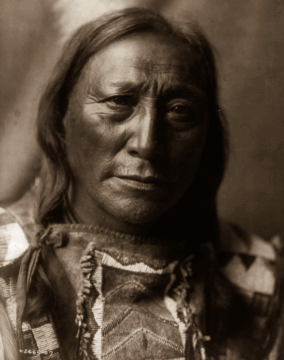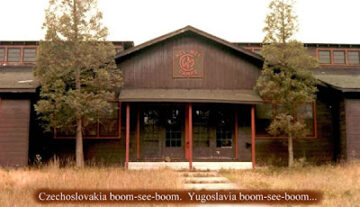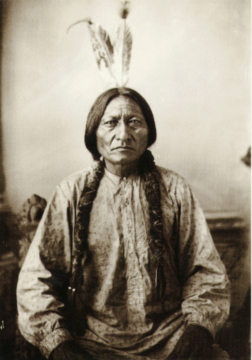by Mark Harvey

There was a time when the West was truly wild. I don’t mean the gun fights in saloons, the stampede of a thousand cattle, or stagecoach robberies on the high plains. But it wasn’t that long ago when every river from what is now Kansas to the Pacific Ocean ran its course without a dam or diversion, tens of millions of buffalo grazed on the rich grasslands, and beavers built thousands and thousands of ponds across the Rockies. It was but a blink of the eye since apex predators like Grizzly bears and Wolves ruled the land from north to south.
One man who witnessed a nearly virgin West was John K Townsend, the first trained naturalist to travel from St. Louis to what is today Oregon. In a book called Journey Across the Rocky Mountains to the Columbia River, Townsend shares images of a trip that began in 1834, not long after Louis and Clark first made their expedition. Even in bustling St. Louis, where Townsend was provisioning, there were foretokens of what was ahead in the untrammeled country he was to cross. He describes the sight of a hundred Saque Indians with shaved heads and painted in stripes of “fiery red and deep black, leaving only the scalping tuft, in which was interwoven a quantity of elk hair and eagle’s feathers.”
Just a month into the trip, Townsend encounters a trapper who tells the story of having his horse and rifle stolen by Otto Indians in the middle of winter while still far from any settlement. When Townsend asks the trapper how he survived without food on his journey home, the trapper says, “Why, set to trappin’ prairie squirrels with little nooses made out of the hairs of my head.”
About six weeks into the crossing, Townsend describes the various wolves slinking about the camp looking for scraps of food. By his narrative, he does not seem a bit afraid of them but describes the encounters as “amusing to see the wolves lurking like guilty things around these camps seeking for the fragments that may be left.” The contrast of this naturalist’s comfort around wild animals camped out in the true wilds with just a horse, compared to some of today’s self-styled “mountain men,” is stark. For if you turn on most any AM radio station in Montana, Wyoming, or Colorado today, you’ll hear angry men sealed in 6,000-pound pickup trucks on major highways, calling in to talk shows to express their fear and loathing of wolves. My how soft we’ve become. Read more »



 A Republican used to be someone like Dwight Eisenhower, a moderate who worked well with the opposing party, even meeting weekly with their leadership in the Senate and House. Eisenhower expanded social security benefits and, against the more right-wing elements of his party, appointed Earl Warren to be the Chief Justice of the Supreme Court. Warren, you’ll remember, wrote the majority opinion of Brown v Board of Education, Miranda v Arizona, and Loving v Virginia. If Dwight Eisenhower were alive today, he would be branded a RINO and a communist by his own party. I suspect he would become registered as unaffiliated.
A Republican used to be someone like Dwight Eisenhower, a moderate who worked well with the opposing party, even meeting weekly with their leadership in the Senate and House. Eisenhower expanded social security benefits and, against the more right-wing elements of his party, appointed Earl Warren to be the Chief Justice of the Supreme Court. Warren, you’ll remember, wrote the majority opinion of Brown v Board of Education, Miranda v Arizona, and Loving v Virginia. If Dwight Eisenhower were alive today, he would be branded a RINO and a communist by his own party. I suspect he would become registered as unaffiliated.